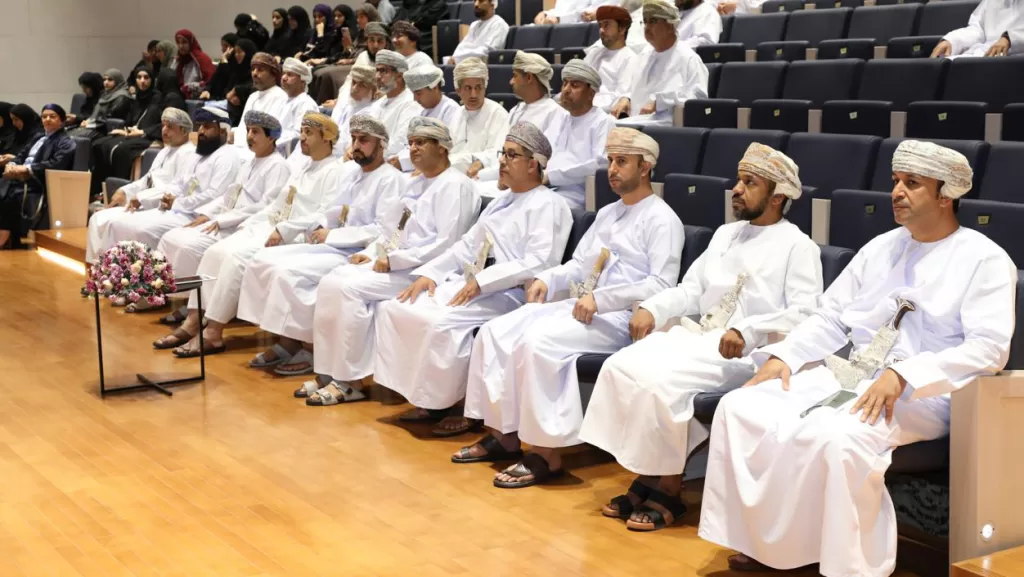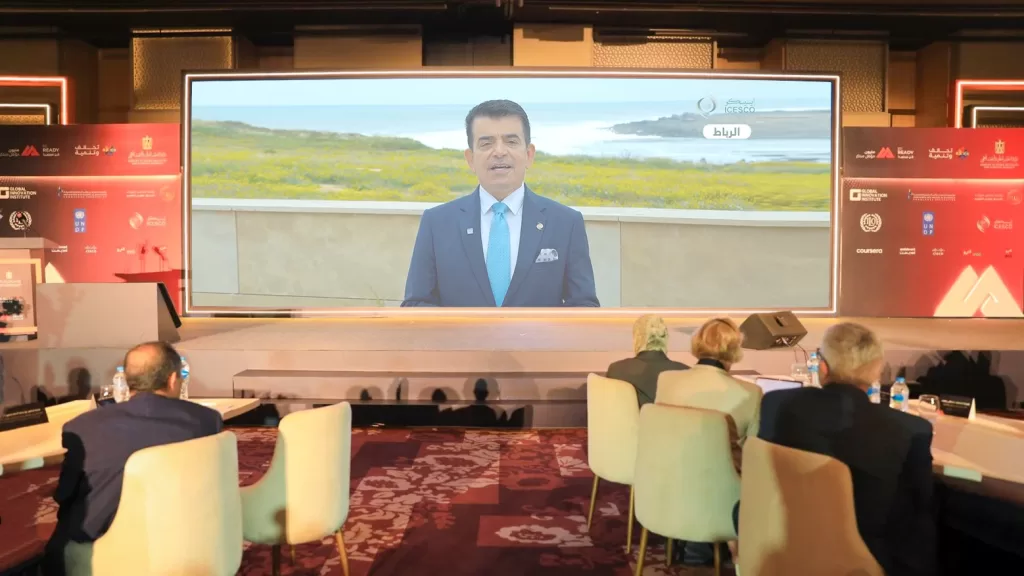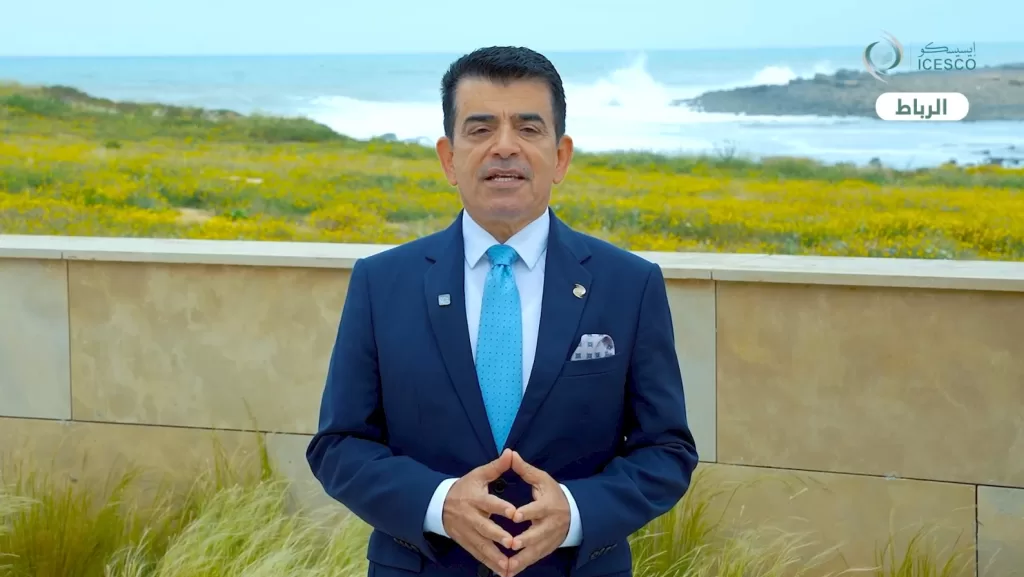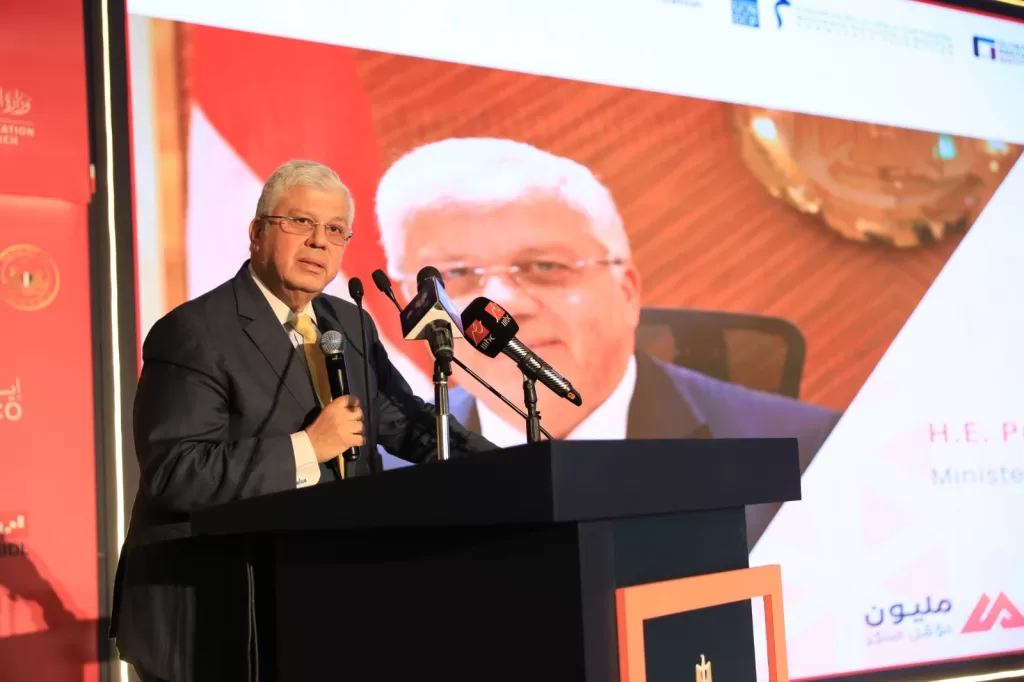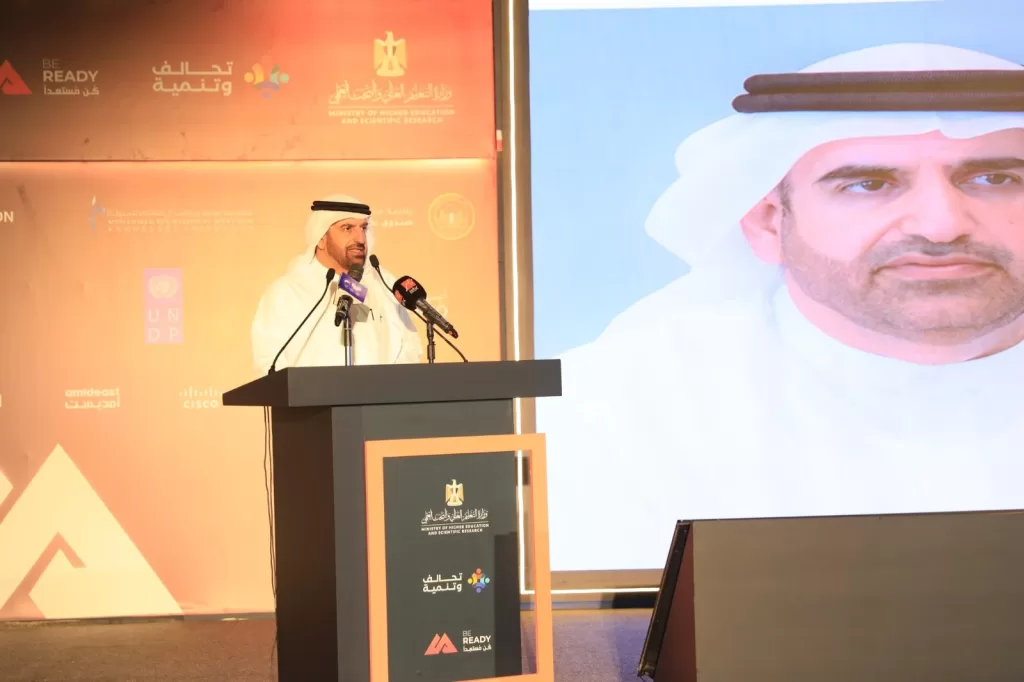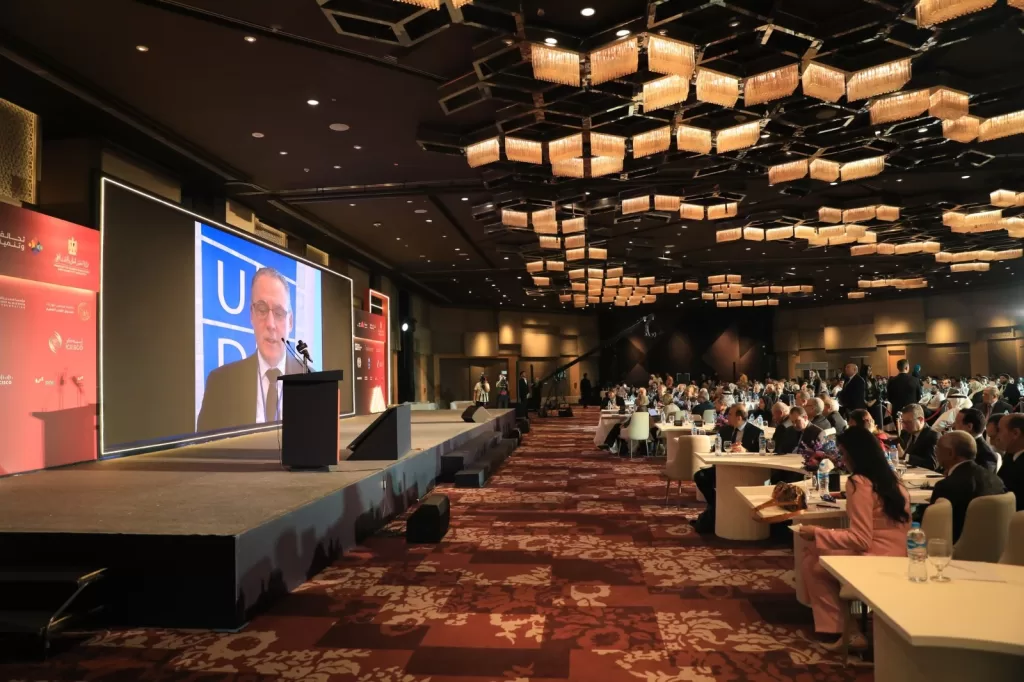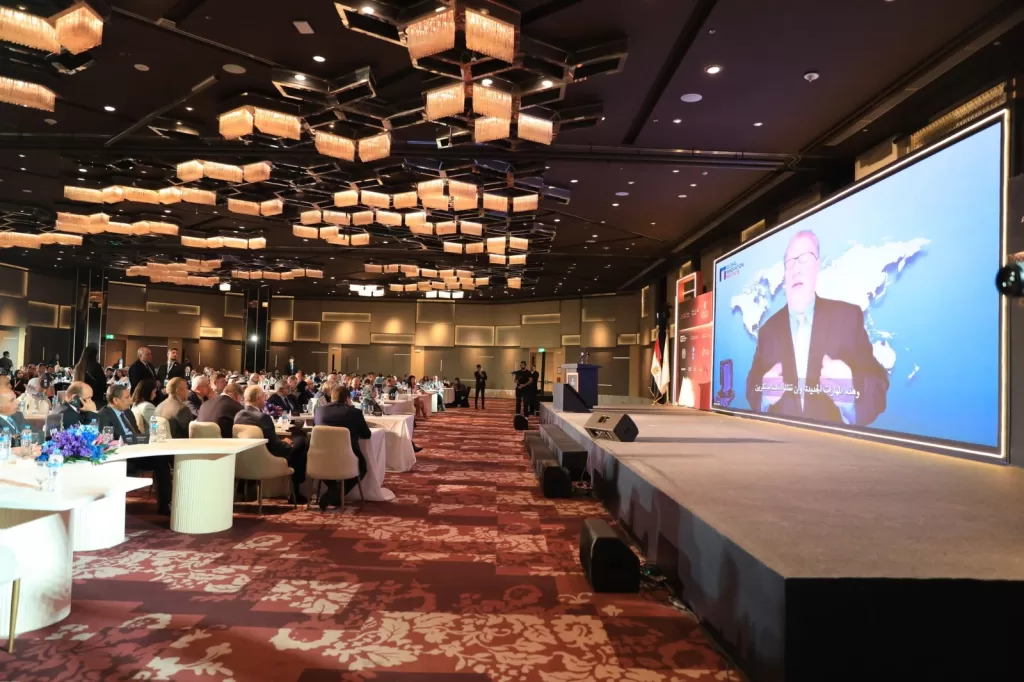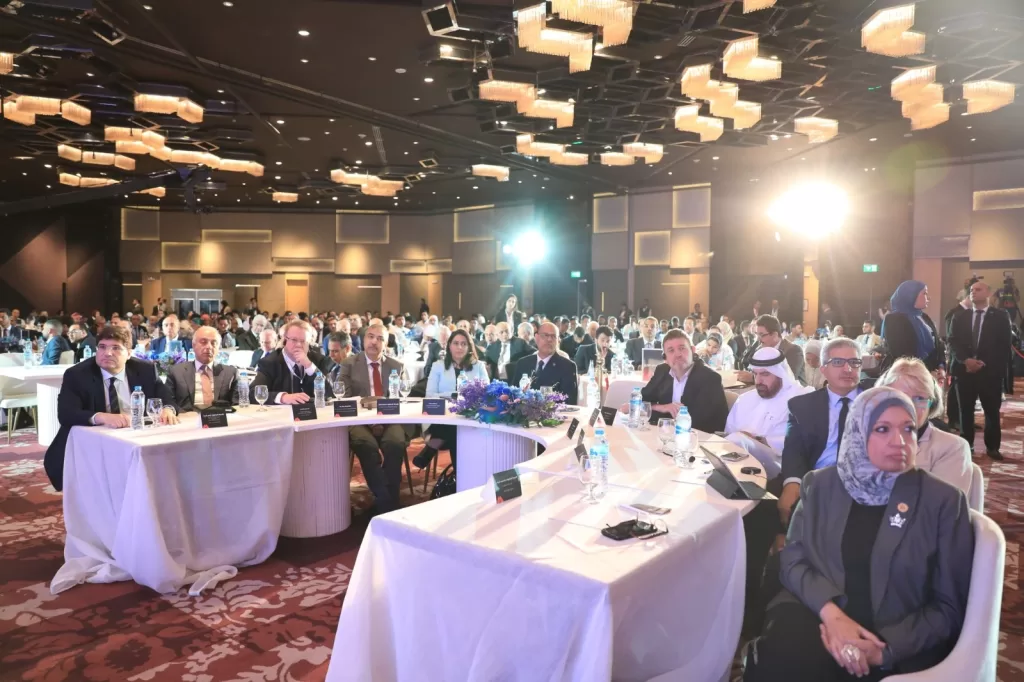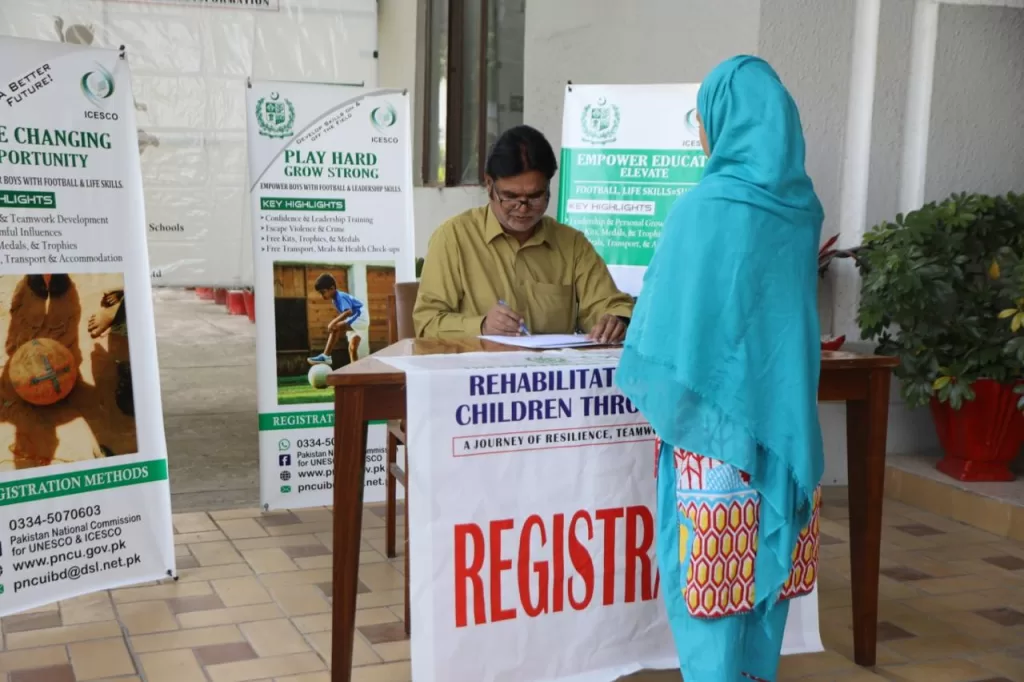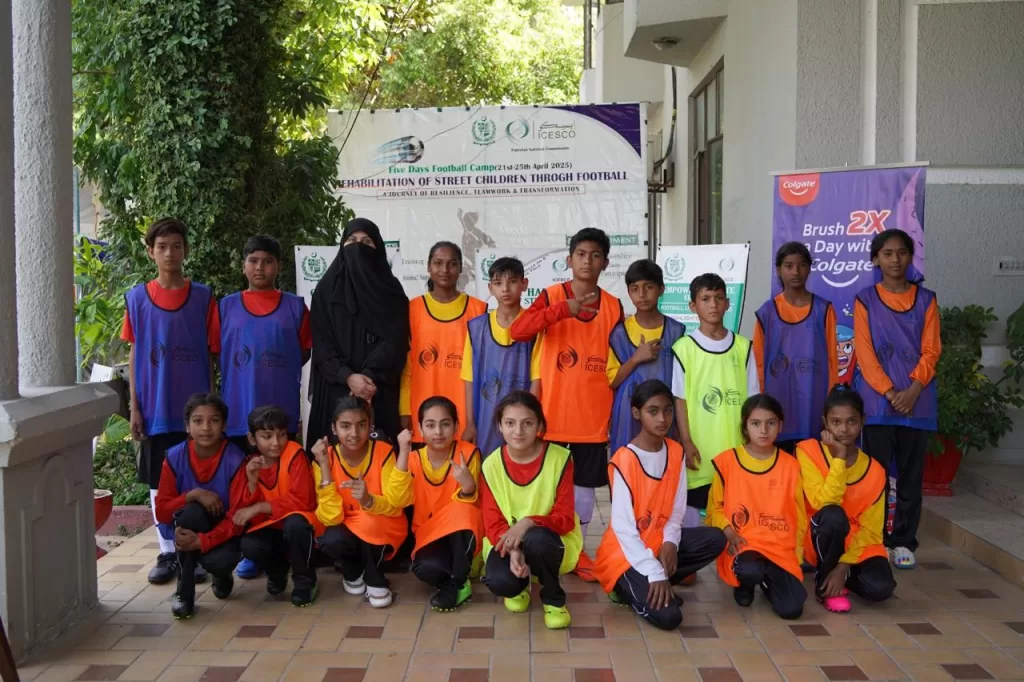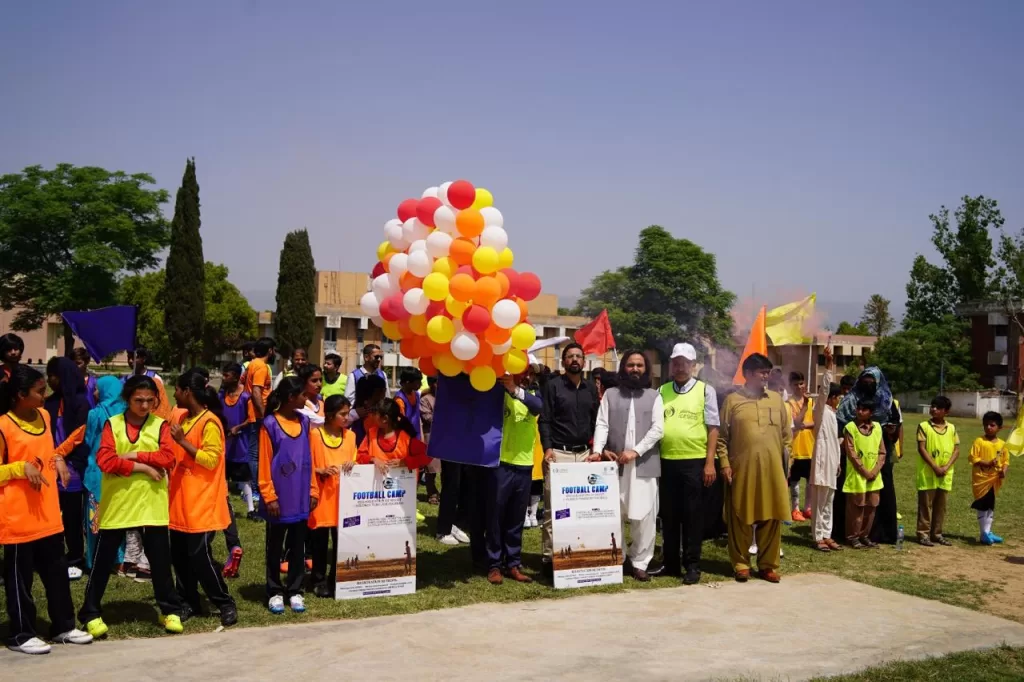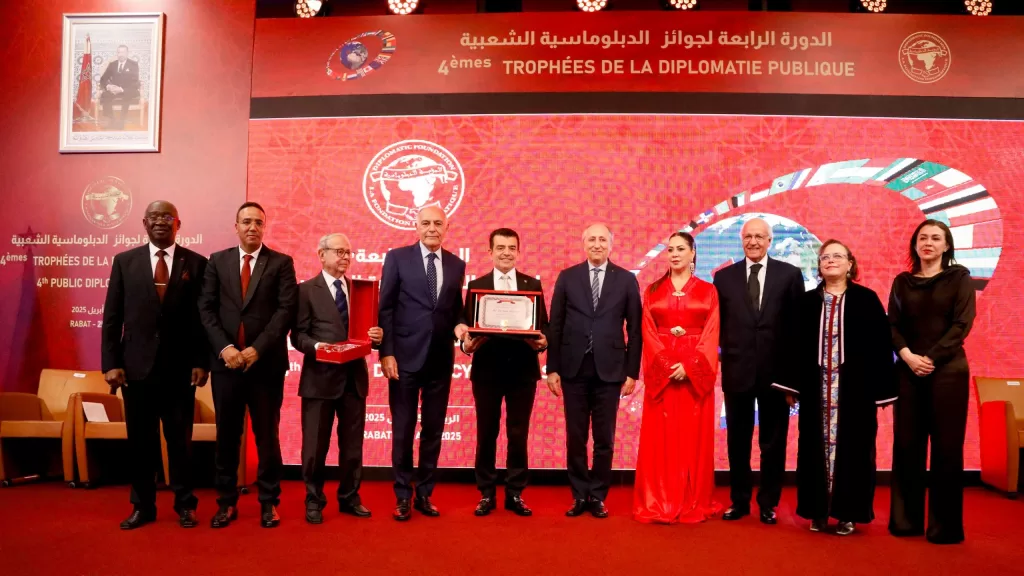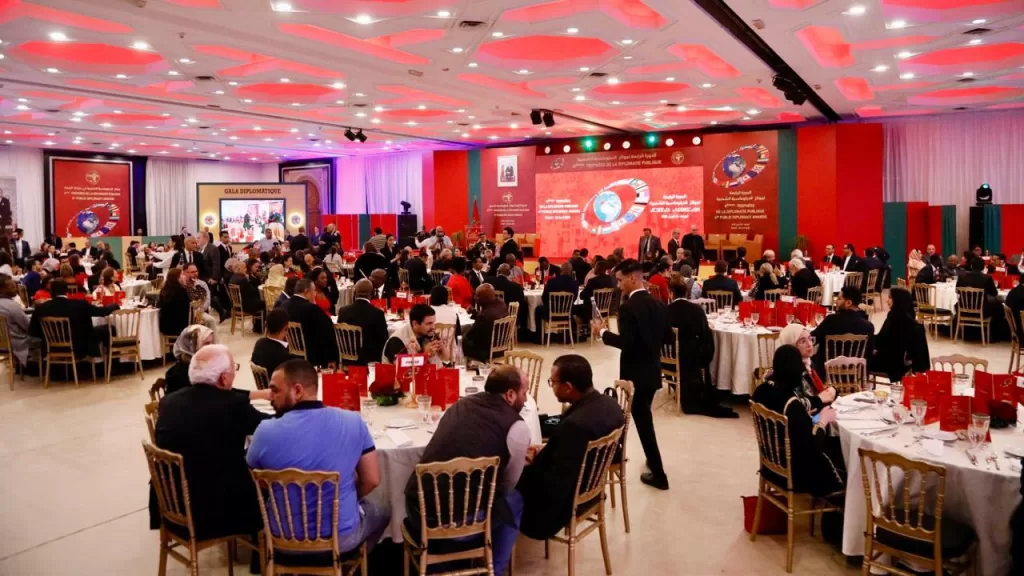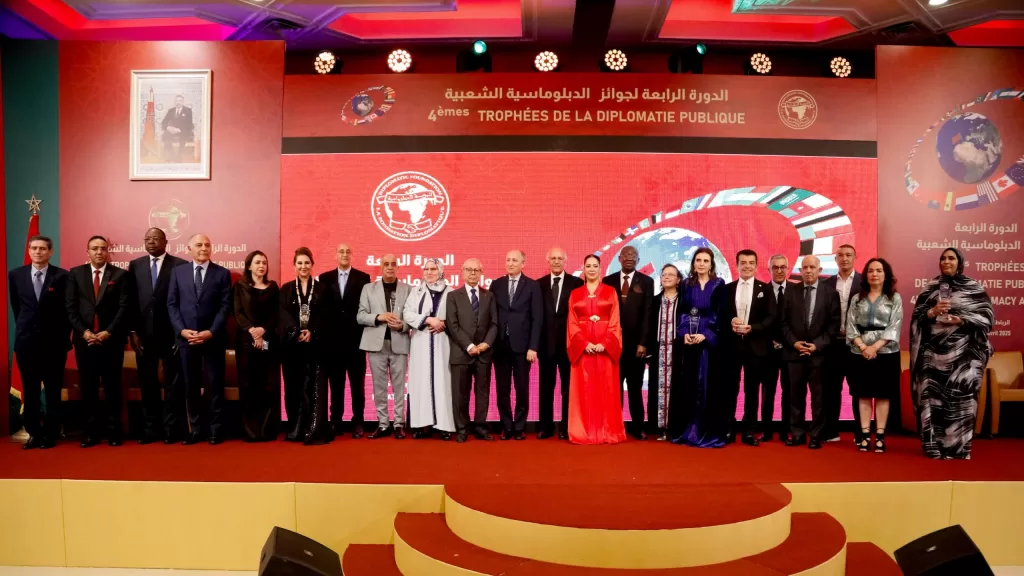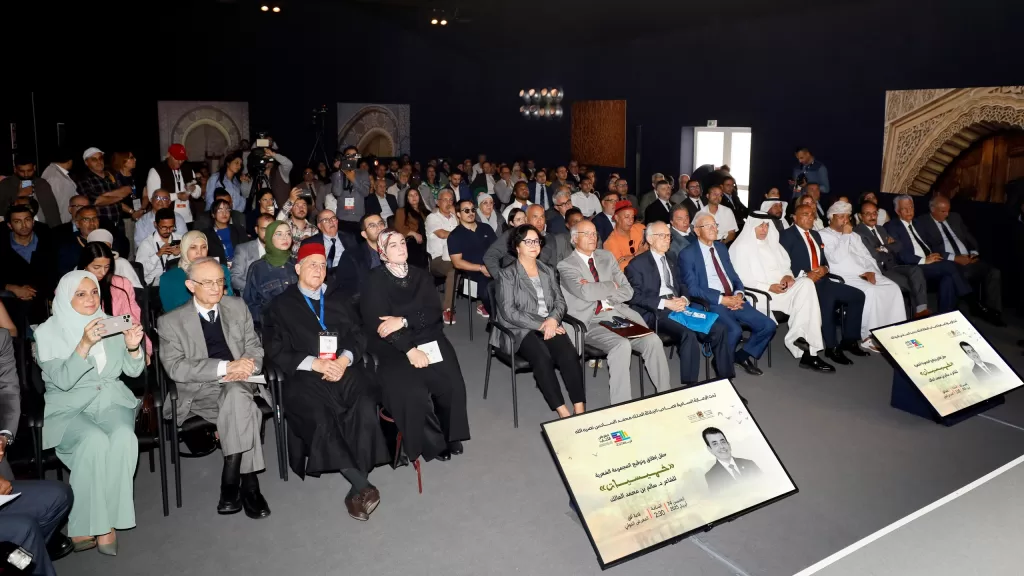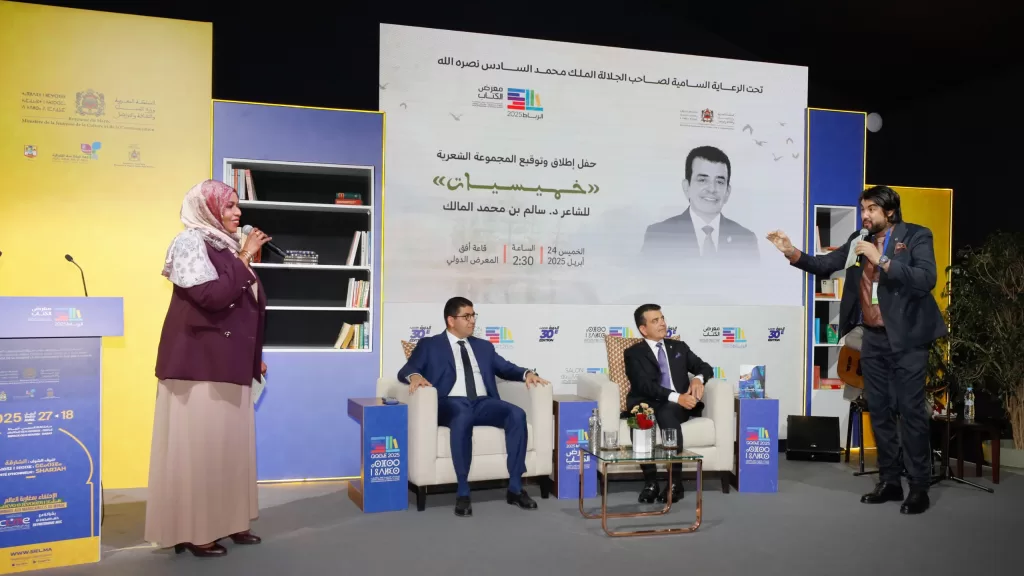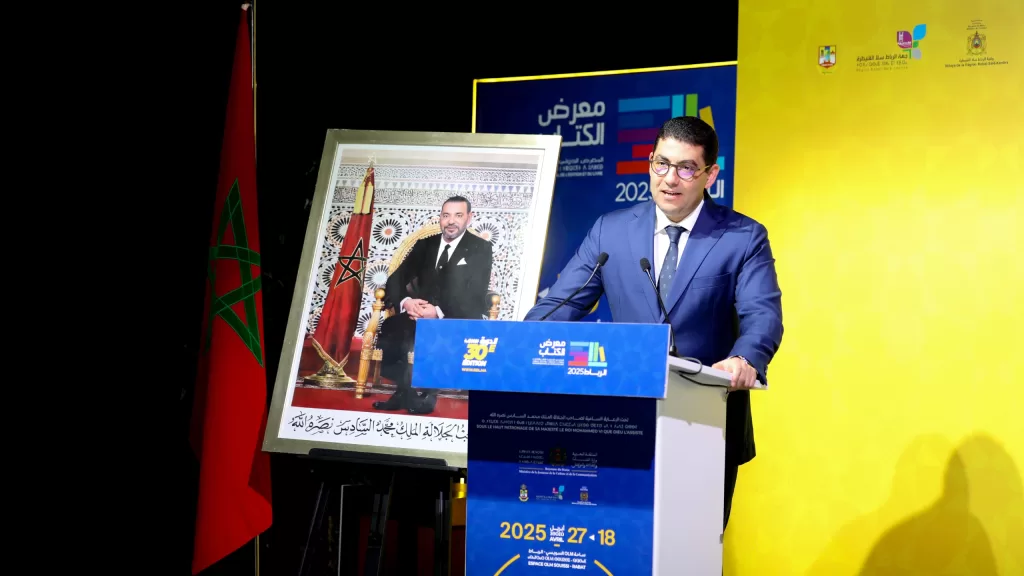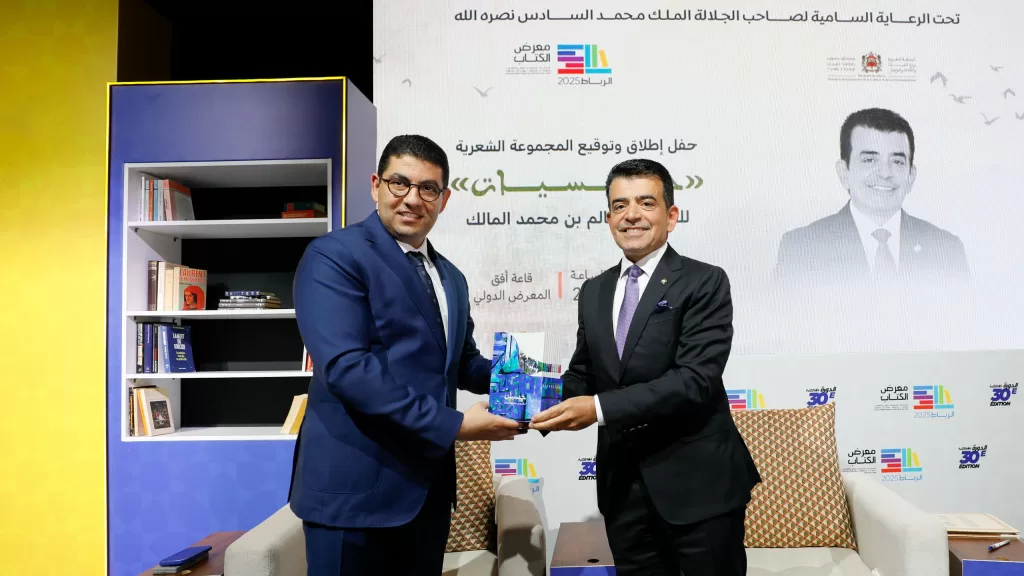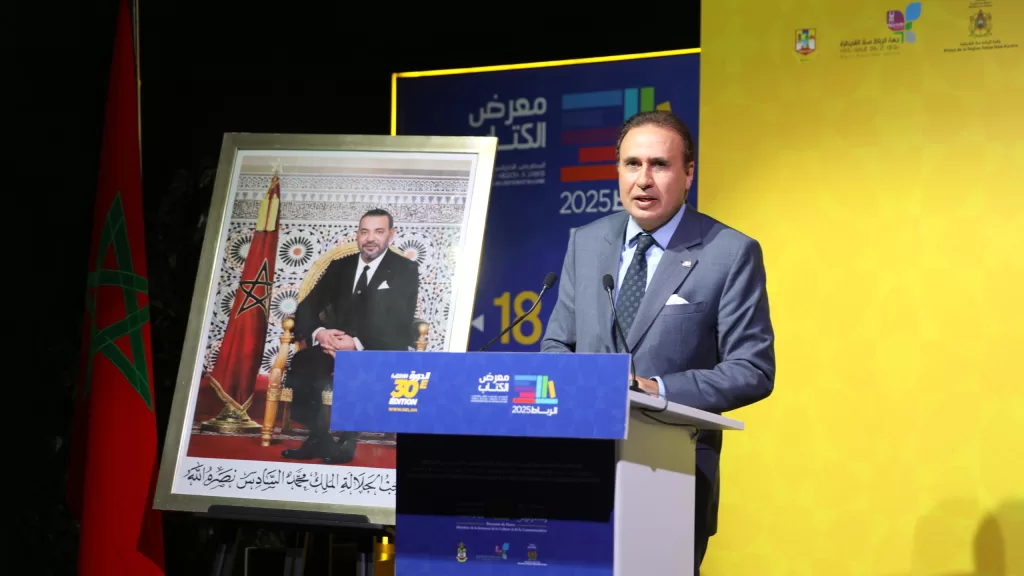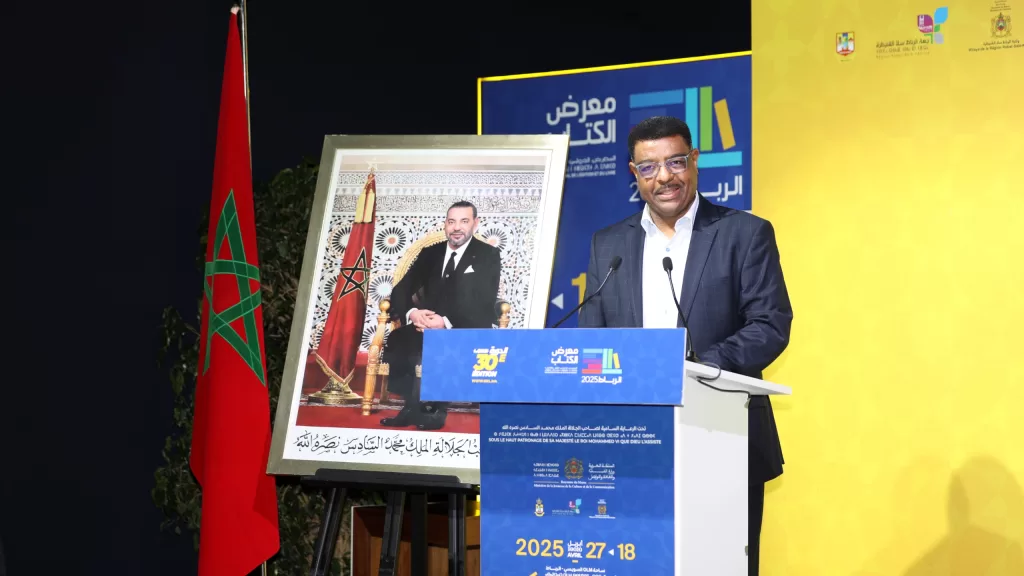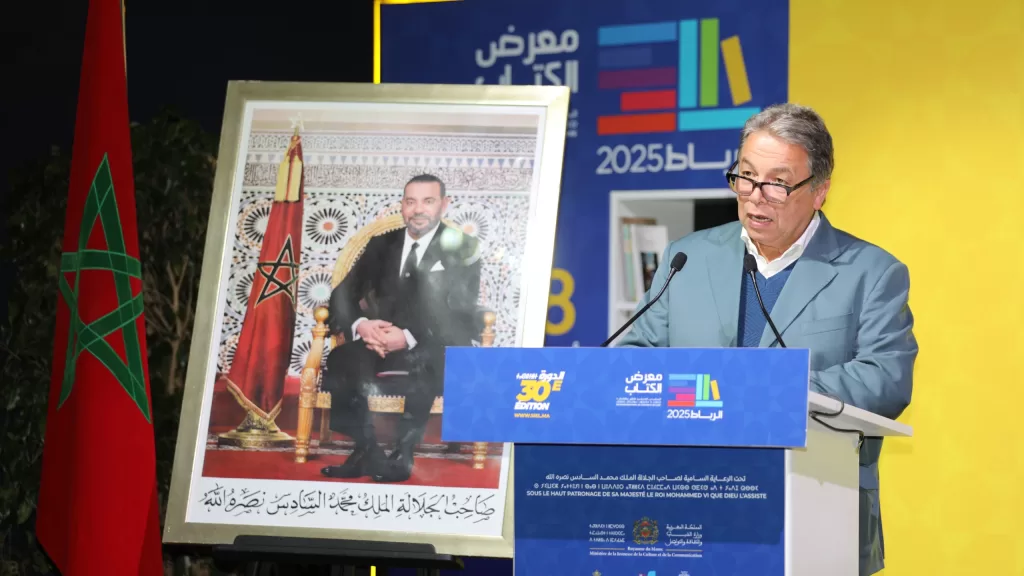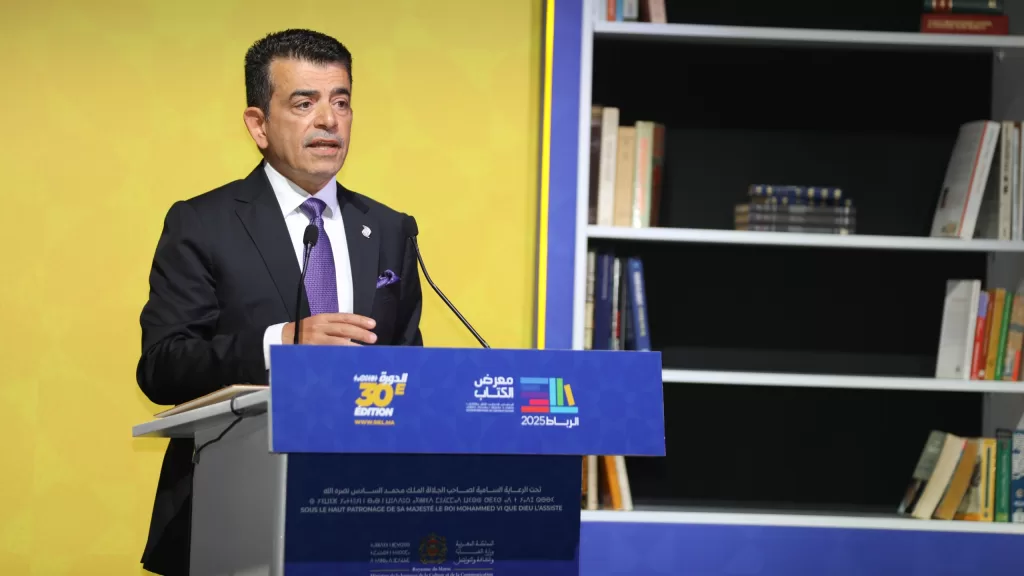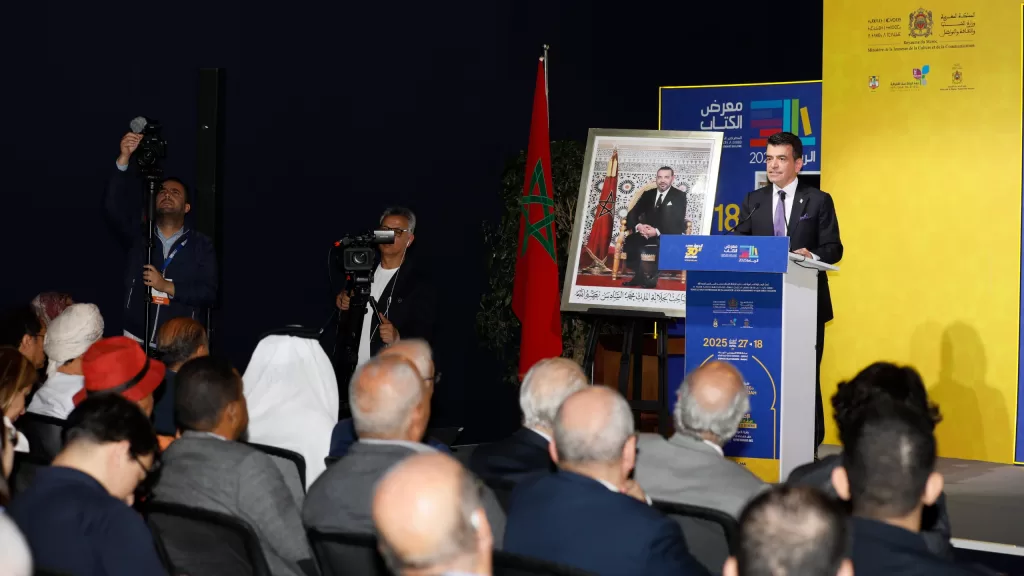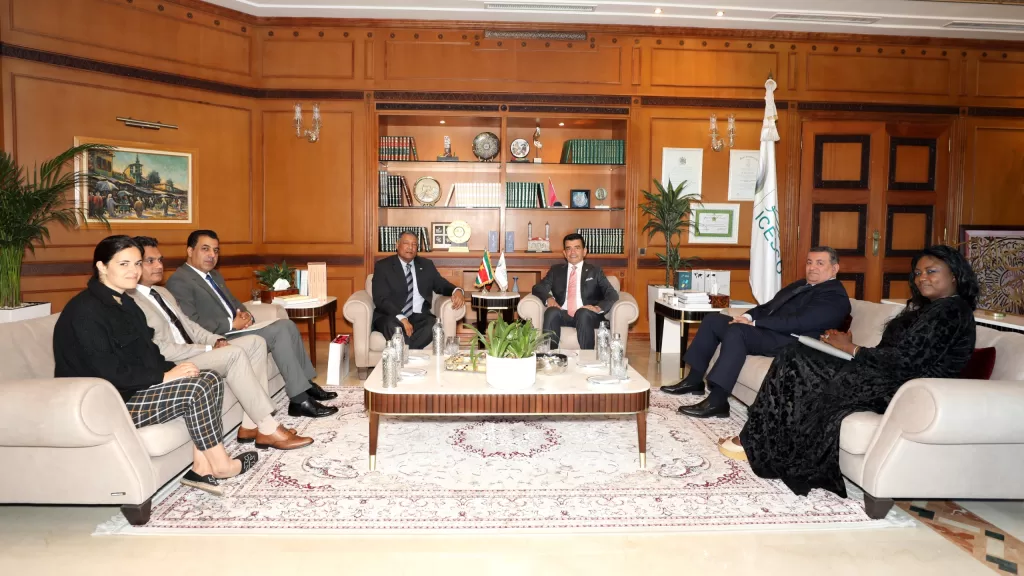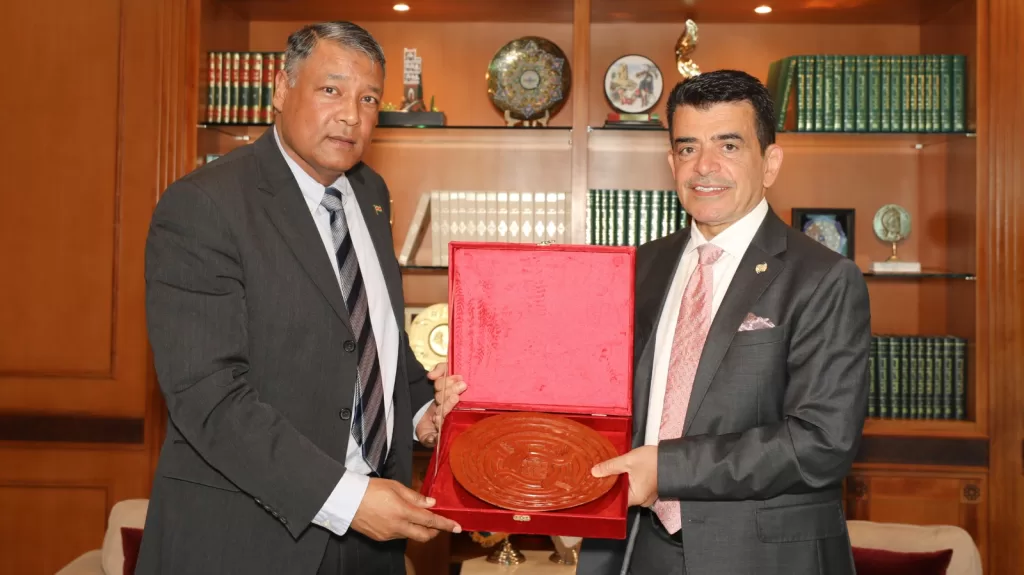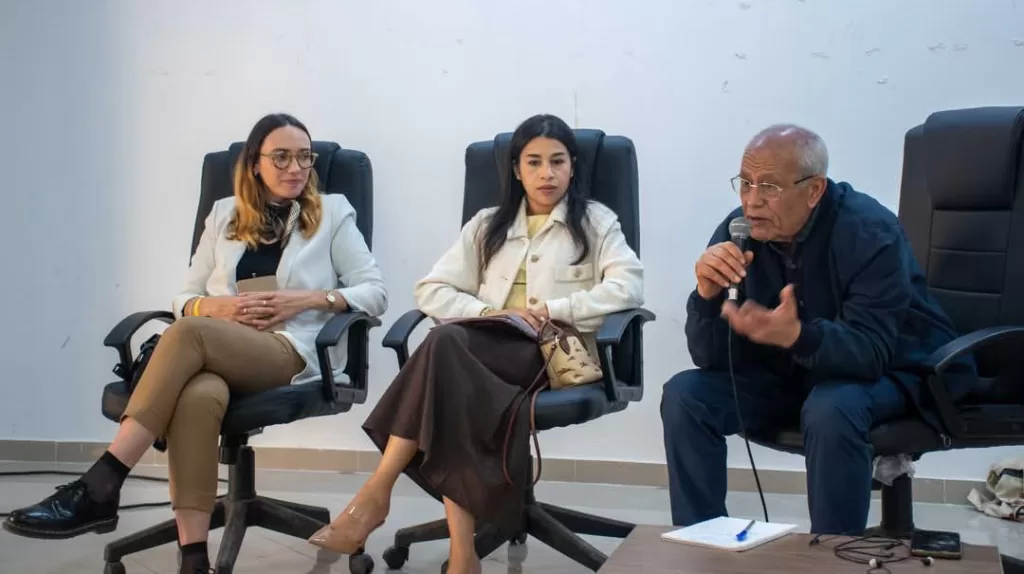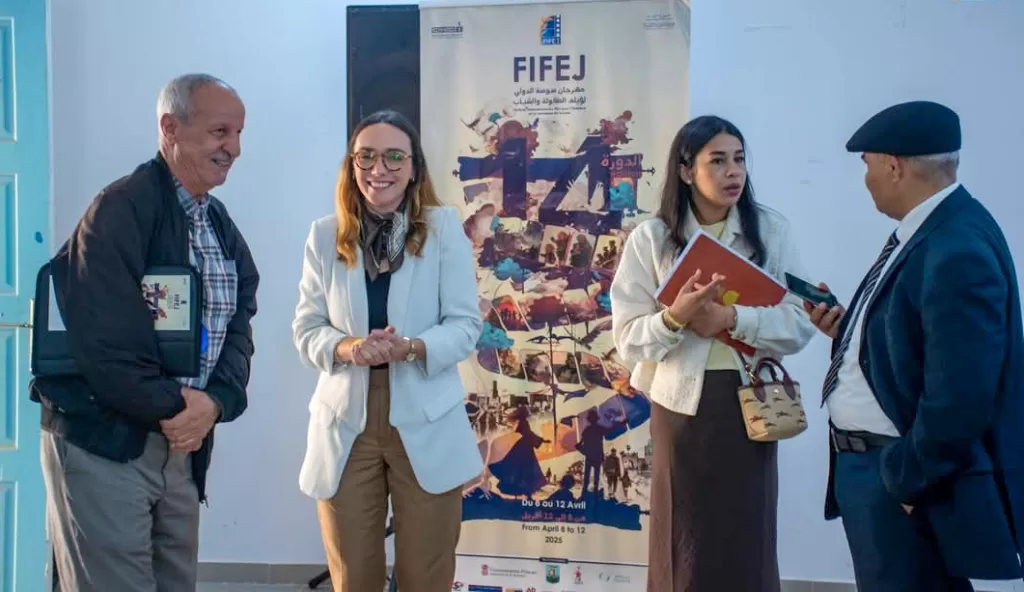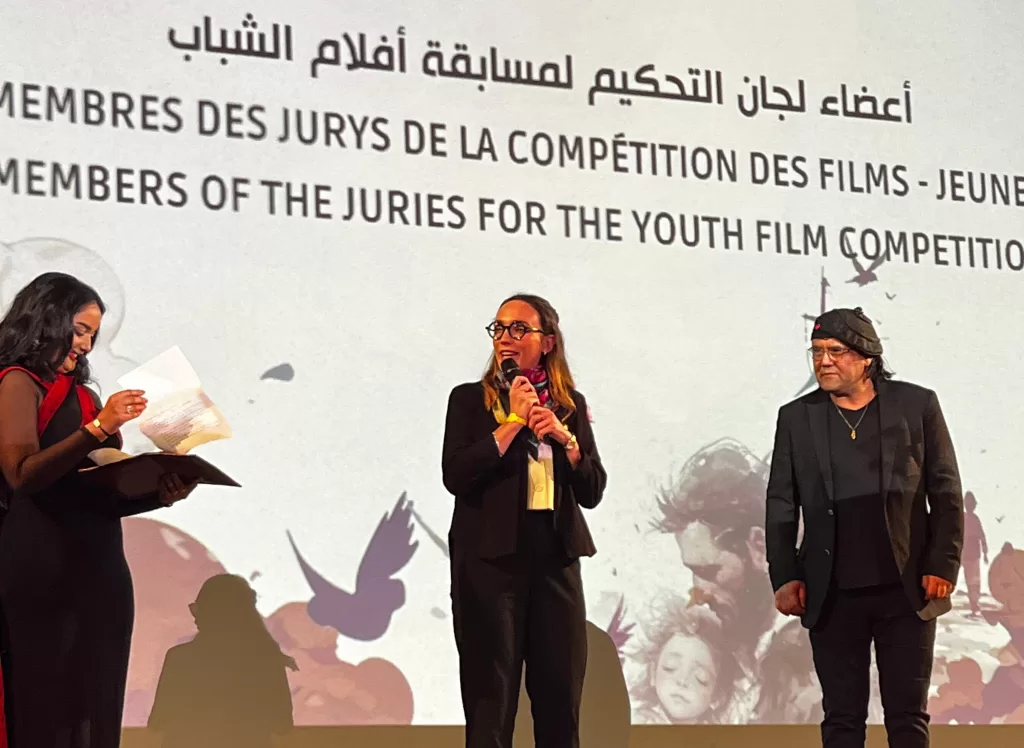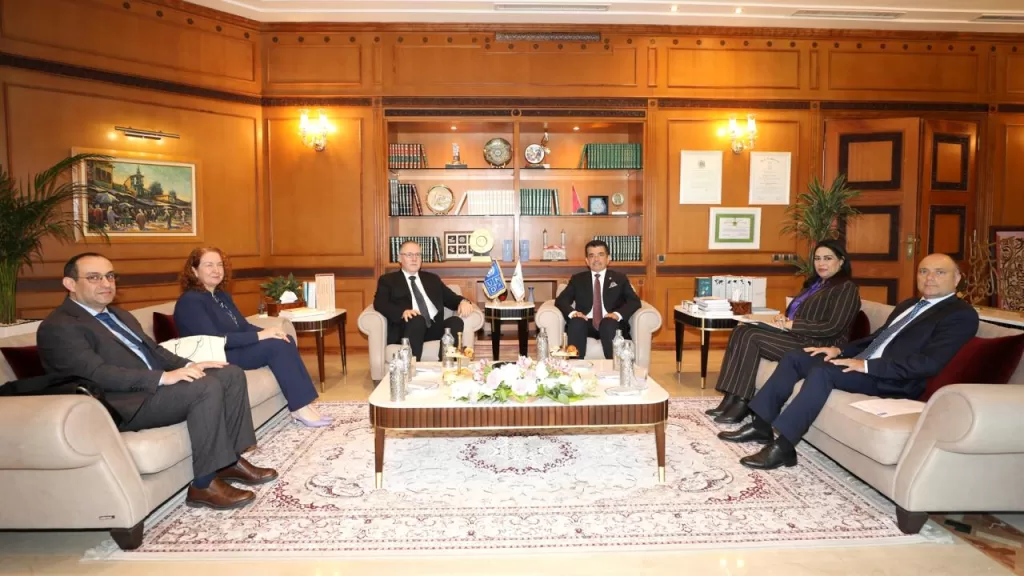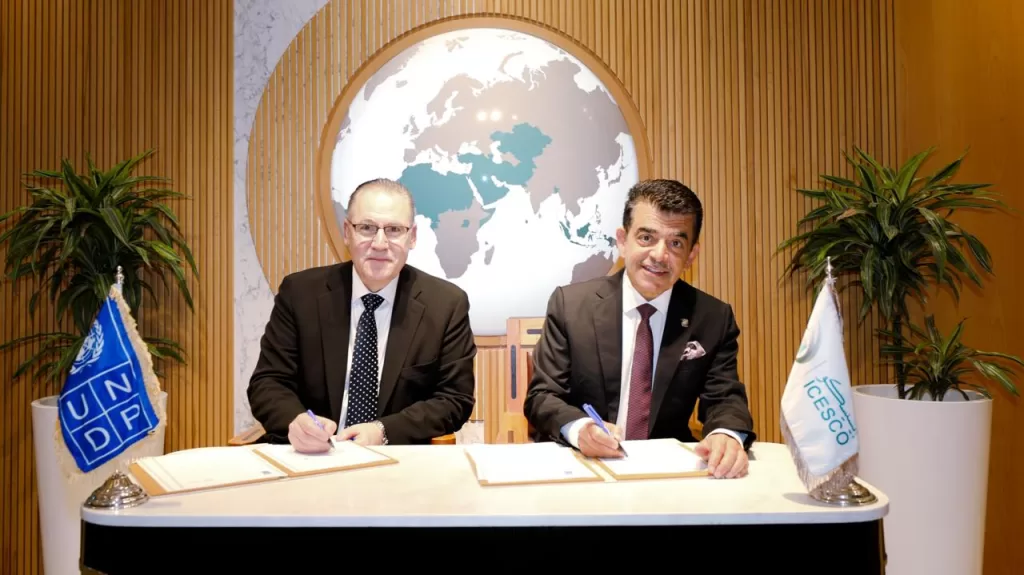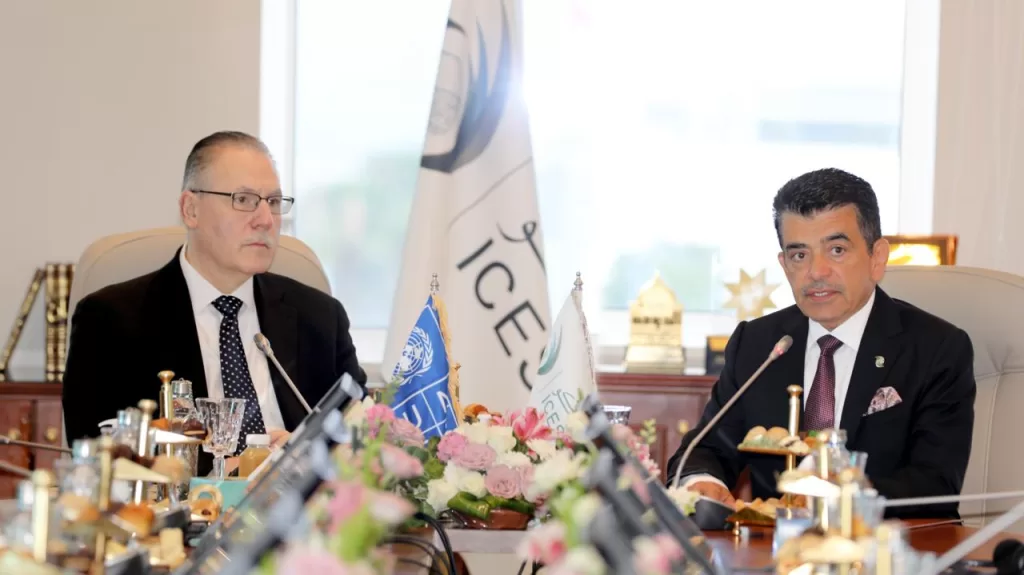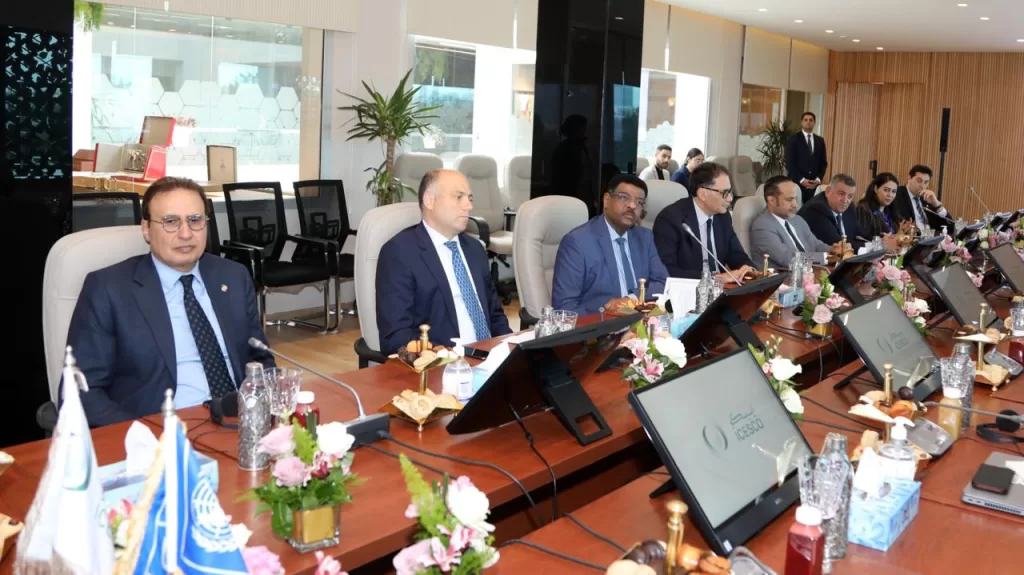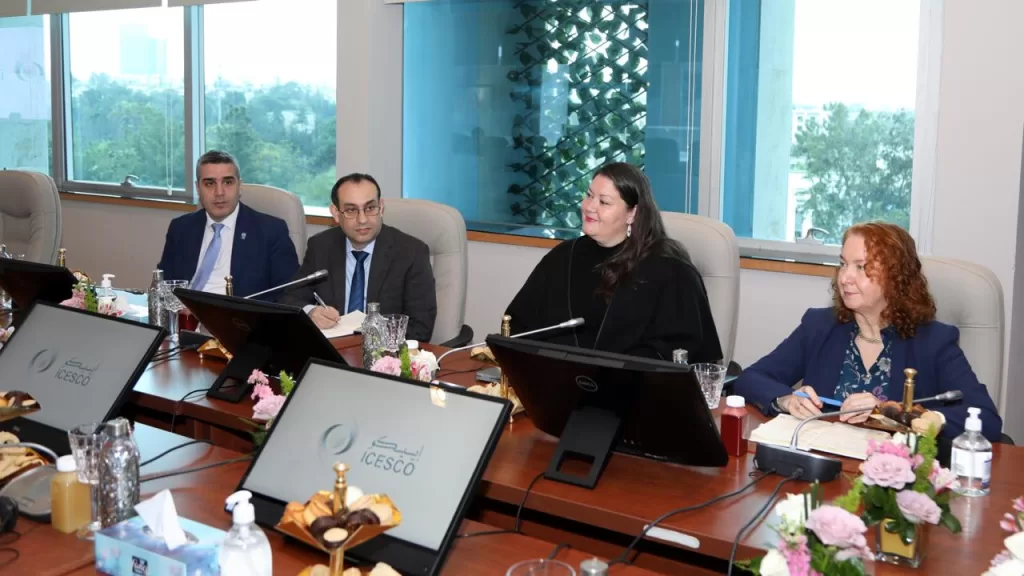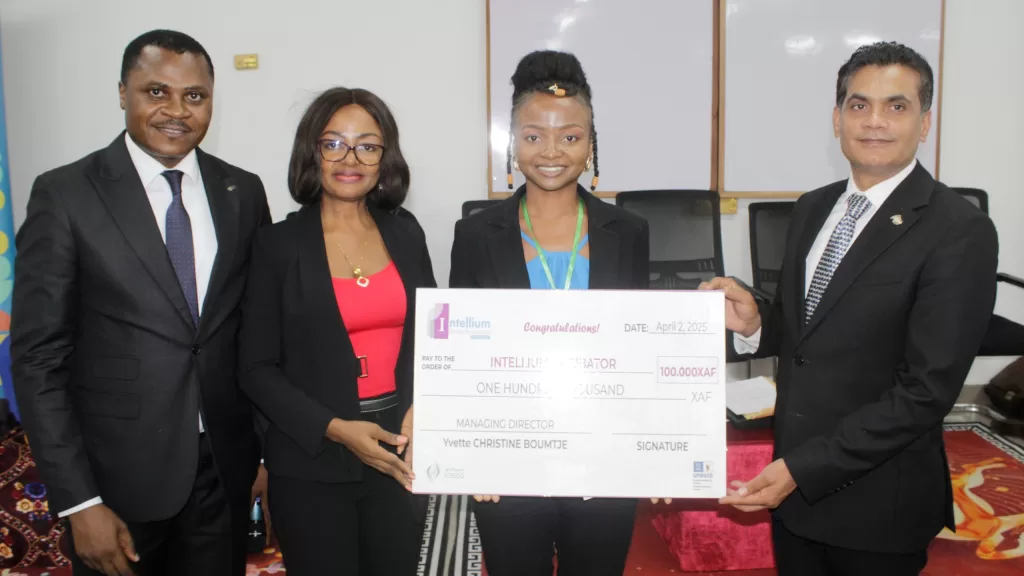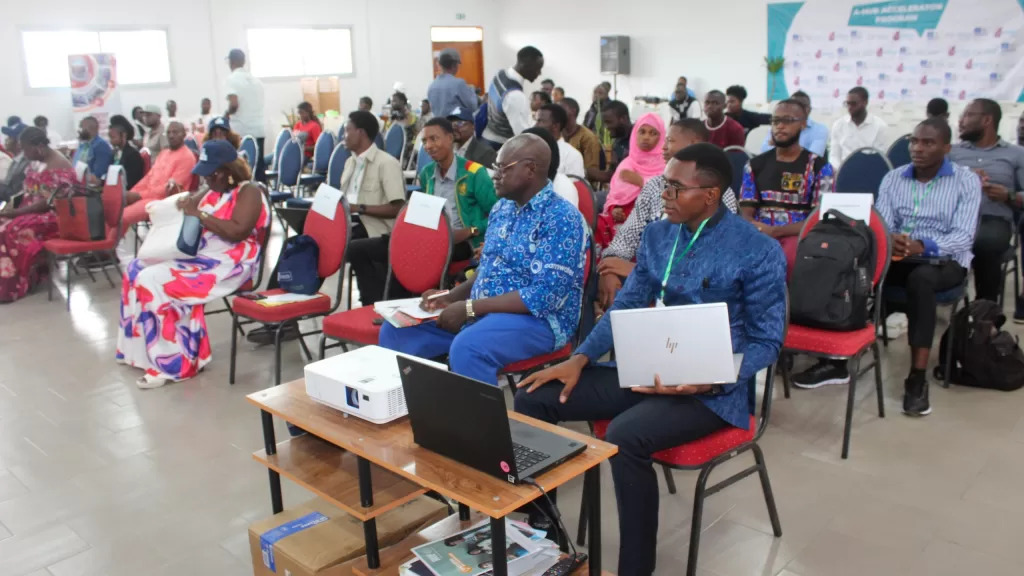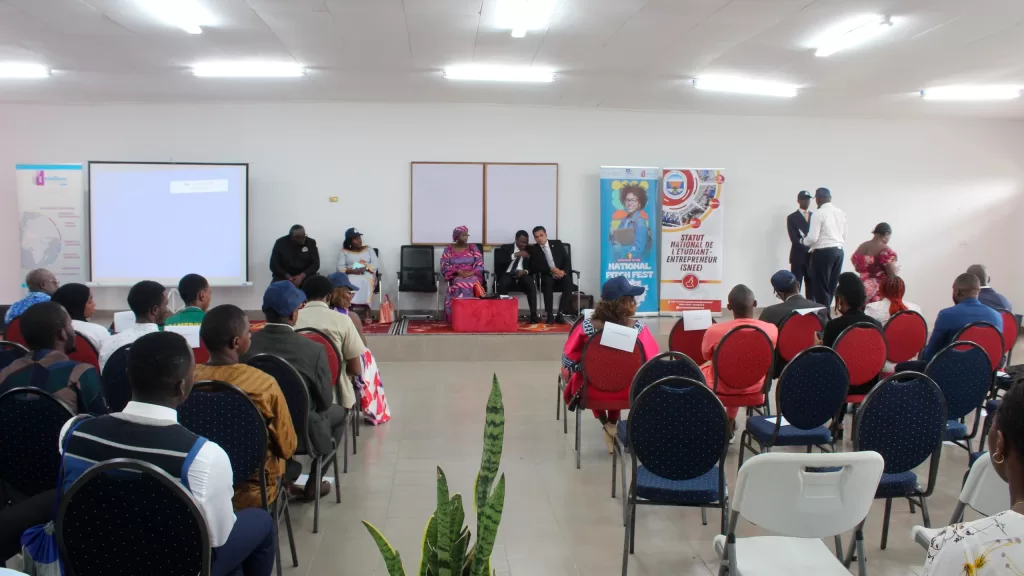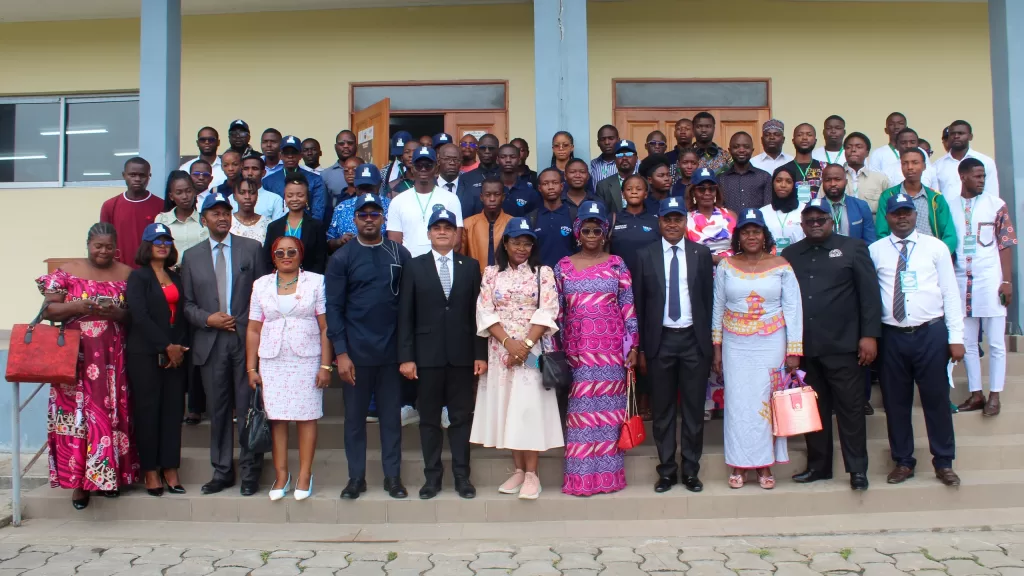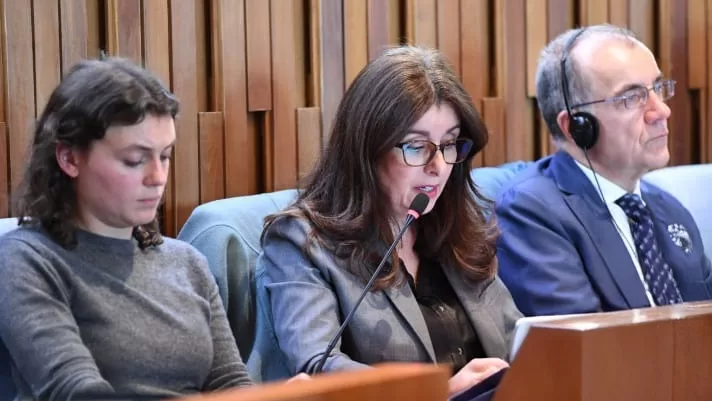The Islamic World Educational, Scientific and Cultural Organization (ICESCO), took part in the Graphic Designers Forum, PexTor 2025, held in the Sultanate of Oman on April 27, under the theme, “Where Art Meets Message”. ICESCO’s participation consisted of a specialized workshop moderated by Ms. Nezha Ringa, Head of the Design and Printing Division at ICESCO’s Translation and Publishing Center.
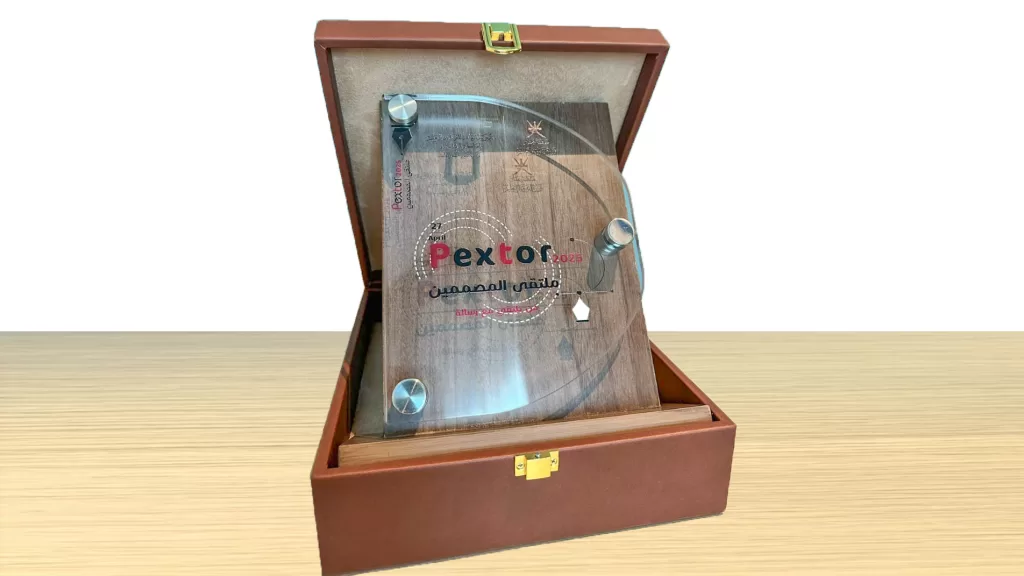
Through the Workshop, titled, “Visual Identity and Key Elements of Graphic Design”, Ms. Ringa shared her expertise in this field, with the aim of equipping participants with the necessary tools and techniques to design an integrated visual identity.
The ICESCO representative stressed that such forums provide key opportunities to exchange expertise and knowledge in the field of graphic design and widen the scope of cooperation among the institutions of the Islamic world, noting that the workshop aims to provide a comprehensive overview on visual identity and its significance in consolidating institutional communication and promoting institutions’ brand image.
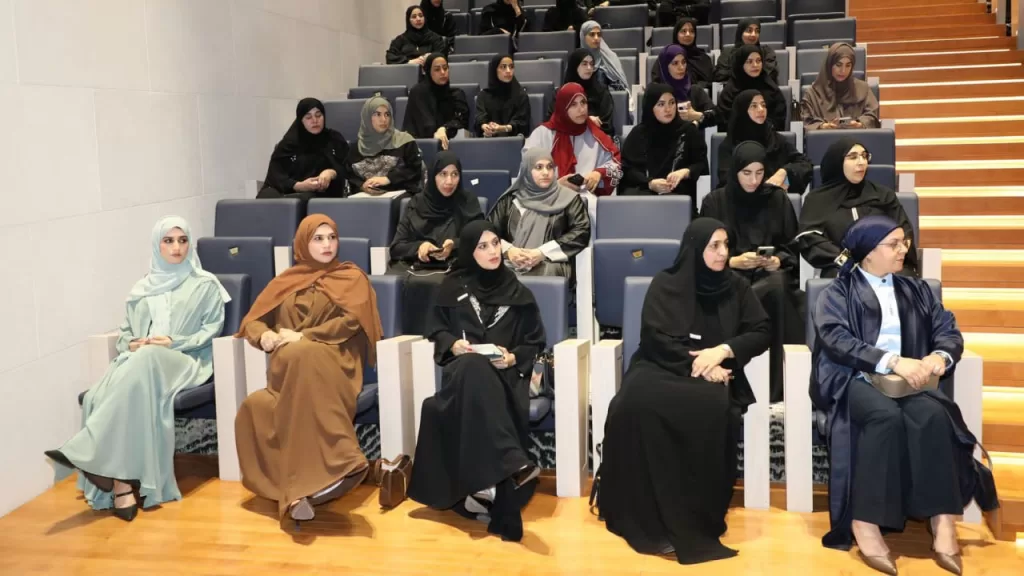
This participation falls within the efforts of the Division of Design and Printing to promote cooperation and exchange expertise with similar institutions across the globe.
The PexTor Forum is a new leading forum in the Islamic world which seeks to build designers’ capacities and promote the role of design in achieving sustainable development visions. The current edition of the Forum proved to be a great success in light of the growing interest in the field of graphic design and its role in promoting institutional communication and developing entities’ visual identities, in line with Oman’s Vision 2040 as well as similar visions in the Islamic world.
